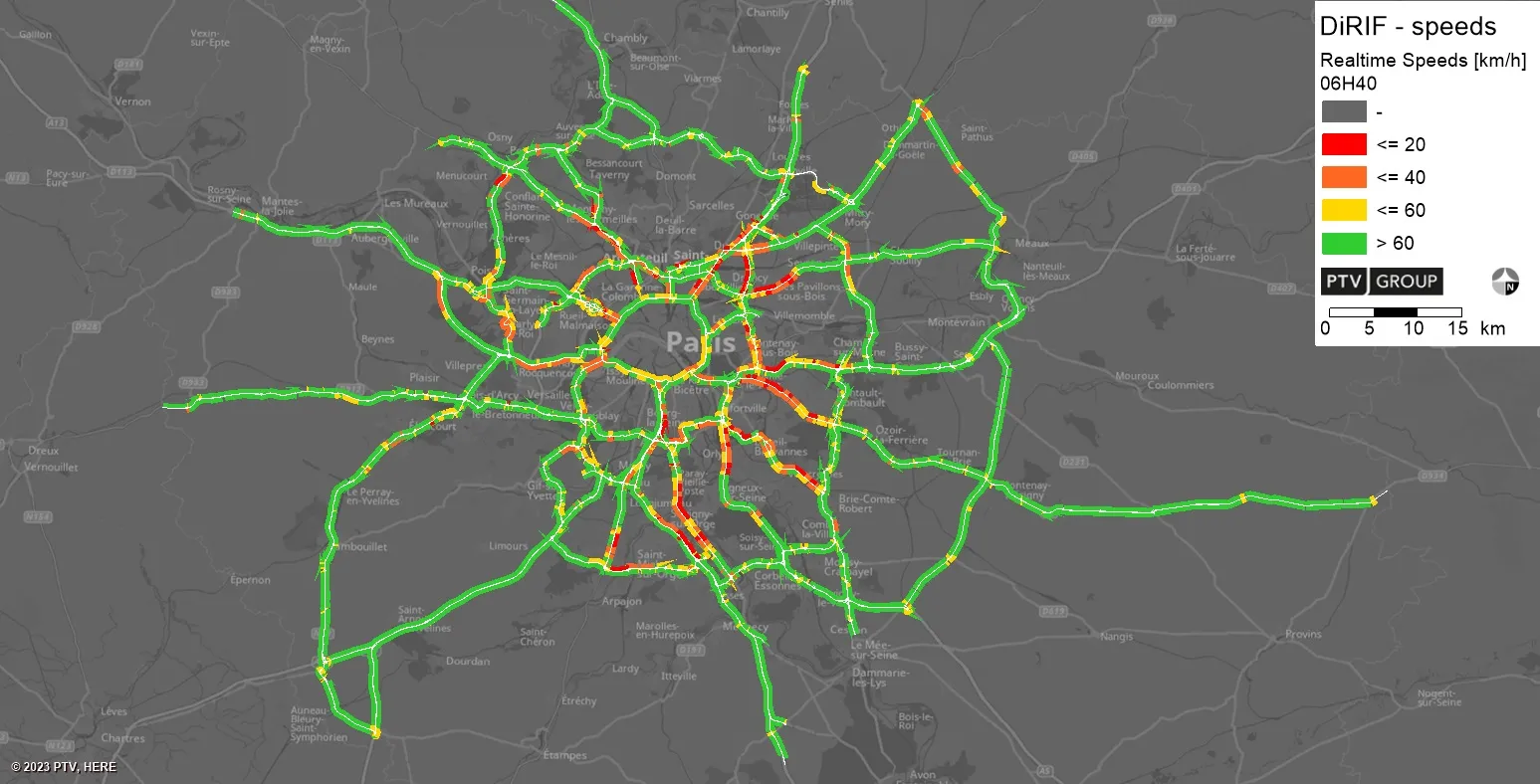PTV Group's signal control system has helped Strasbourg’s Eurométropole reduce nitrogen oxide emissions by 8% and particulate matter by 9% in a project which set out to slash emissions by decreasing stop-and-go traffic along one of the city’s main arterial roads. The simulation also cut vehicle stops by 9%.
Called PTV Epics, the software tool controlled the waiting times for all road users at the traffic lights, reducing 85% of all cases to 45 seconds, which would otherwise only apply to 35% of road
February 21, 2018
Read time: 2 mins
Called PTV Epics, the software tool controlled the waiting times for all road users at the traffic lights, reducing 85% of all cases to 45 seconds, which would otherwise only apply to 35% of road users.
Frédéric Reutenauer, project officer and vice president project management & services at PTV Group, said: “PTV software helps optimize signal control programs in order to minimize waiting times at traffic lights and thus reduce the number of stop-and-go waves. We used the traffic simulation software PTV Vissim to visualize the effect on traffic by analysing the traffic flow at six signalized intersections of Avenue de Colmar located south of Strasbourg.”









